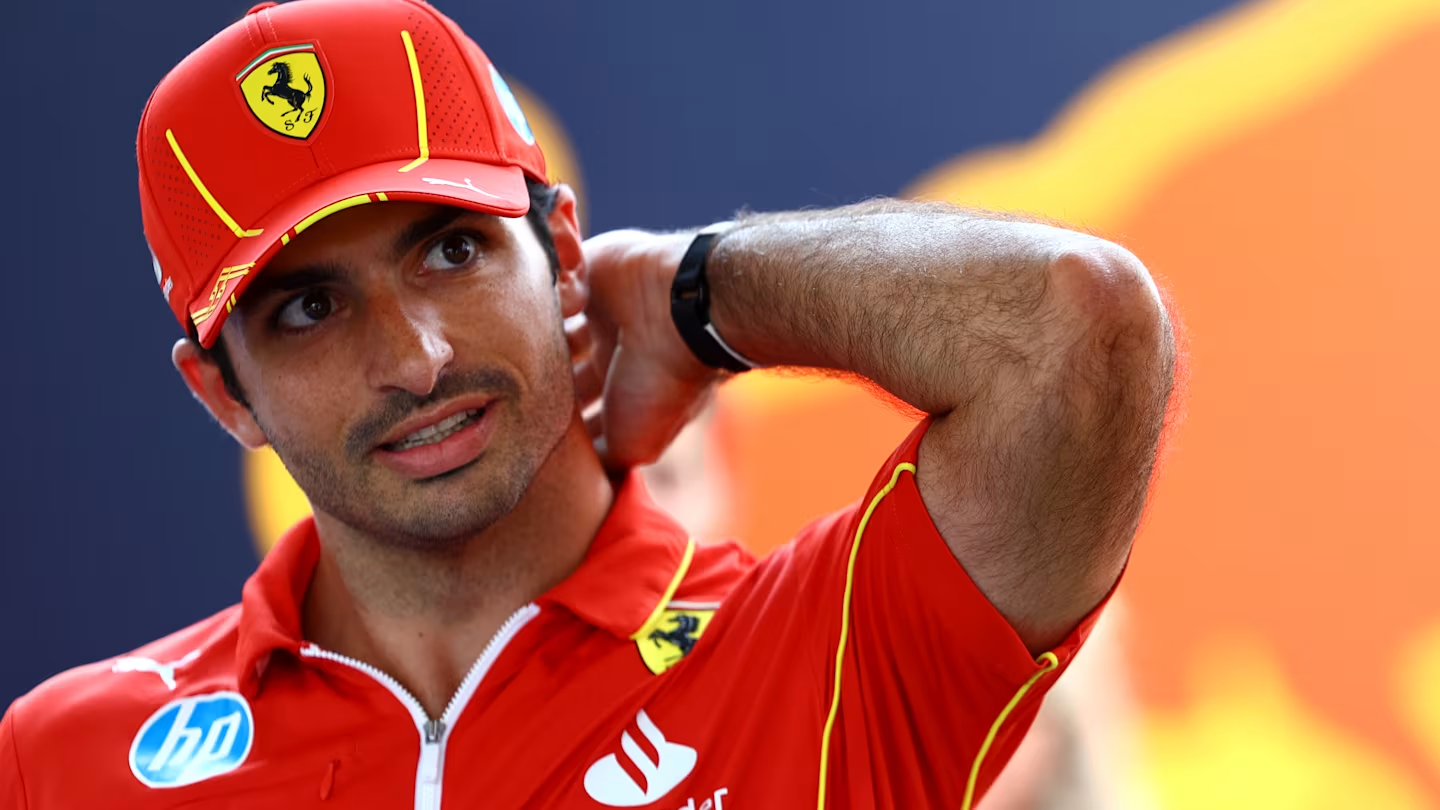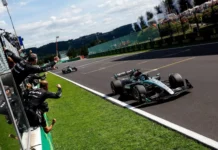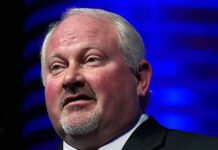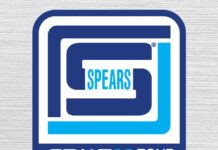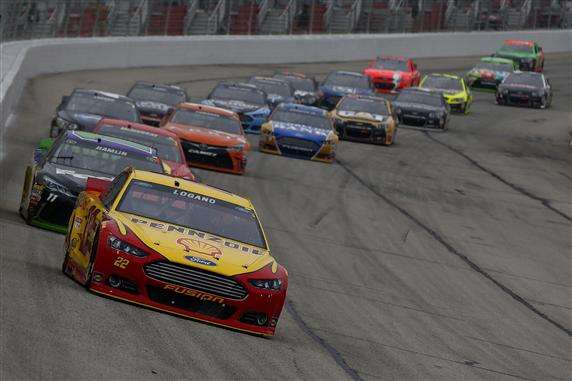NASCAR is asking $1 billion over 10 years for its soon-to-be-open Sprint Cup Series title sponsorship, according to sources.
The sanctioning body has hit the market for Sprint’s replacement with a price tag of $45 million to $50 million annually in rights fees and the same in activation over a decade, according to sources. Sprint confirmed in December that it would end its 13-year sponsorship of NASCAR’s top series after the 2016 season.
NASCAR declined to comment for this story.
The asking price represents a 33 percent increase from the original deal, which was signed in 2004 with Nextel for a reported $750 million over 10 years before Sprint and Nextel merged. Amid struggling TV ratings and attendance for NASCAR at the time, Sprint negotiated that down to approximately $50 million annually when it signed a three-year extension in 2011, according to sources.
The Sprint deal is the largest sports sponsorship in North America.
The sanctioning body started the sales process in recent weeks. The search is being led by Jim O’Connell, senior vice president and chief sales officer. Other key players will be Brent Dewar, chief operating officer; Steve Phelps, executive vice president and chief marketing officer; and Chad Seigler, vice president of business development, as well as Chairman Brian France.
NASCAR plans to take a similar approach to the one where it replaced Nationwide with Xfinity last year for its secondary series by starting off searching for agencies that can help in the hunt.
NASCAR has the benefit of time in its sales process, as it has Sprint involved for the next 21 months, allowing the series a solid window for such a large and complex deal. In its sales process, NASCAR officials will surely stress the reach and depth of their main series, the long window for activation, and provide data that they have been able to collect over the last few years from the sport’s Fan and Media Engagement Center.
The deal comes at a time when many sponsors in motorsports are cutting back from the days of huge rights fees and lengthy terms, but the uniqueness of the series title sponsorship could still be alluring to the right company.
In an email, Brian Corcoran, a former NASCAR executive who made the first contact with Nextel that led to the initial deal, called the title sponsorship “unrivaled and unmatched in North America.”
Corcoran, now founder and president of Shamrock Sports & Entertainment, pointed toward technology, insurance and online retail as potential categories for NASCAR to pursue. The telecommunications space is already cleared out due to Sprint’s sponsorship, so if NASCAR were to find a company in that category it could avoid having to force teams to clear their sponsor rosters of any conflicts.
“Who is my money on to replace Sprint?” Corcoran asked. “The relevant and authentic brands are within the technology/innovation, insurance and online retail space to leverage this property as a game changer.”
Dewar confirmed last month that NASCAR would consider a foreign-based company “if they were looking for a way to interact with our large, loyal fan base … and aligned and committed to the sport.”
Corcoran added: “NASCAR will need to weigh the financial checks and balances with the value and values the right partner brings to the table. This can’t just be about raising the bar with a larger rights fee. The right partner needs to provide value to teams, tracks and media partners, but even more importantly, NASCAR’s loyal [fans].”
Trip Wheeler, president of Speedway Benefits Inc., agreed, saying NASCAR needs to take a long-term view when weighing money versus what would be the right fit. “I’d be worried about 2030 and not 2015,” Wheeler said. “How can I get ratings up and keep people talking about the sport like it was in 2005, when there was a huge amount of growth?”
If NASCAR can’t secure a true market leader, Wheeler thinks the sanctioning body should turn to a challenger brand in the mold of what Nextel was when it signed in 2004.
“A brand that [would be a good fit for this deal] is third, fourth or fifth in the category, has good executives and structure, but just can’t break through the clutter,” he said. “It would be expensive, but this would do it.”




